Local milk industry: Investments dry up, blame laid on govt
Many medium-level commercial farms have shut, says Dairyland director
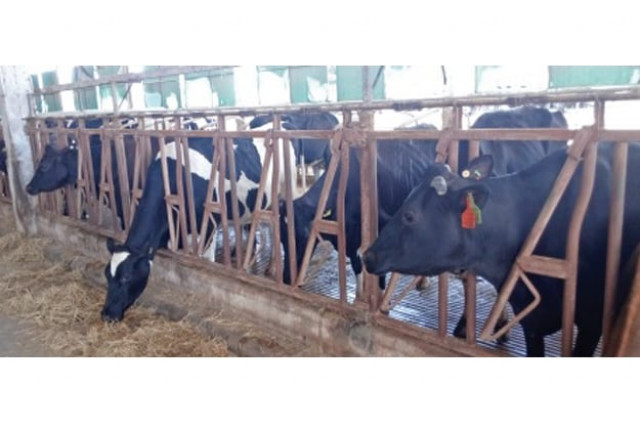
Many medium-level commercial farms have shut, says Dairyland director. PHOTO: SALJOOQ ALTAF/EXPRESS
As many as 14 large-scale dairy farms with over Rs20.7 billion as investment were set up in Pakistan between 2007 and 2013, but the situation has reversed since then, says Nadeem Monnoo, director at Dairyland Private Limited, one of the largest corporate farms operating in the country.
Talking to a group of journalists at his farm on Saturday, Monnoo said many medium-level commercial farms with a herd size of 50 to 300 animals have closed down their operations because of the government’s poor policies.
“Sales tax refund claims of large-scale dairy farms amounting to over Rs500 million are stuck with the Federal Board of Revenue (FBR), which has hurt the farms’ working capital,” he added.
Pakistan is the world’s third largest milk-producing nation with over 50 billion litres of annual milk production. But only half of that milk makes it to the large commercial market, as the rest is consumed within the household in most cases, he said.
Nearly one-third of 25 billion litres of milk that is used commercially is sold in big cities, he said, while the rest is consumed in small towns. The share of packaged milk in the overall milk production is less than 5%, he noted.
Monnoo said large quantities of powder milk are being imported in Pakistan as a substitute for fresh milk. “Instead of increasing the duty on the import of powder milk from India, Pakistan decreased it from 25% to 20% this year, which has hurt the local industry,” he said.
Expansion plans
Dairyland expects to double its processing capacity in the medium term. “We’re planning to invest Rs1 billion in the next two years to expand our processing facilities,” Monnoo said. The herd size of Dairyland will grow from 2,500 cows to 4,800 cows, he added.
The scion of a Chinioti business family, Monnoo looks after the dairy and textile indenting business while his brothers and cousins run denim factories and poultry farms. Set up in a one-time textile factory within Gharo, Thatta, Dairyland has recently acquired an adjacent tract of land, which had once housed another textile mill, as part of its expansion plan.
The milking process at Dairyland is completely automated and involves zero exposure of milk to sunlight. With the help of the Radio Frequency Identification (RFID) devices, each animal’s feeding, weighing, and disease management is fully tracked and recorded. A cow at Dairyland produces on average 25 litres of milk every day for 305 days, which is the typical lactation period and excludes the dry period.
Since the milk production is seasonal, a typical cow at Dairyland produces anywhere between 6,000 and 8,000 litres of milk every year. In contrast, Monnoo says the national per-animal average is roughly 1,300 litres a year.
As opposed to the Ultra-Heat Treatment (UHT) that sterilises milk at extremely high temperatures, Dairyland processes milk for pasteurisation that has smaller shelf life but high nutritional value. One of the challenges that Dairyland faces is of the supply chain because its premier products must reach consumers in a temperature-controlled supply chain within a very short period of time, Monnoo said.
Published in The Express Tribune, September 20th, 2015.
Like Business on Facebook, follow @TribuneBiz on Twitter to stay informed and join in the conversation.

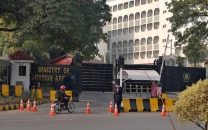
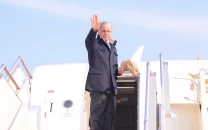

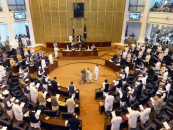

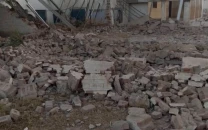












COMMENTS
Comments are moderated and generally will be posted if they are on-topic and not abusive.
For more information, please see our Comments FAQ